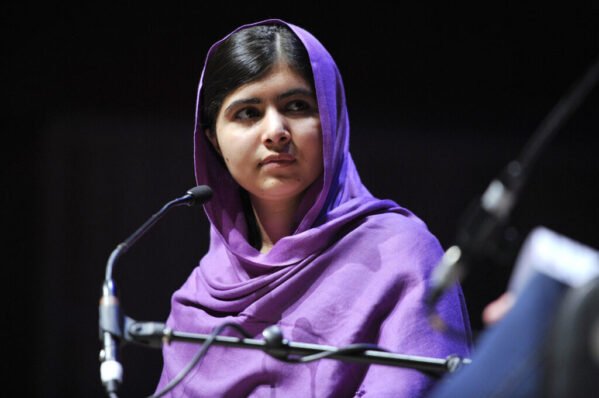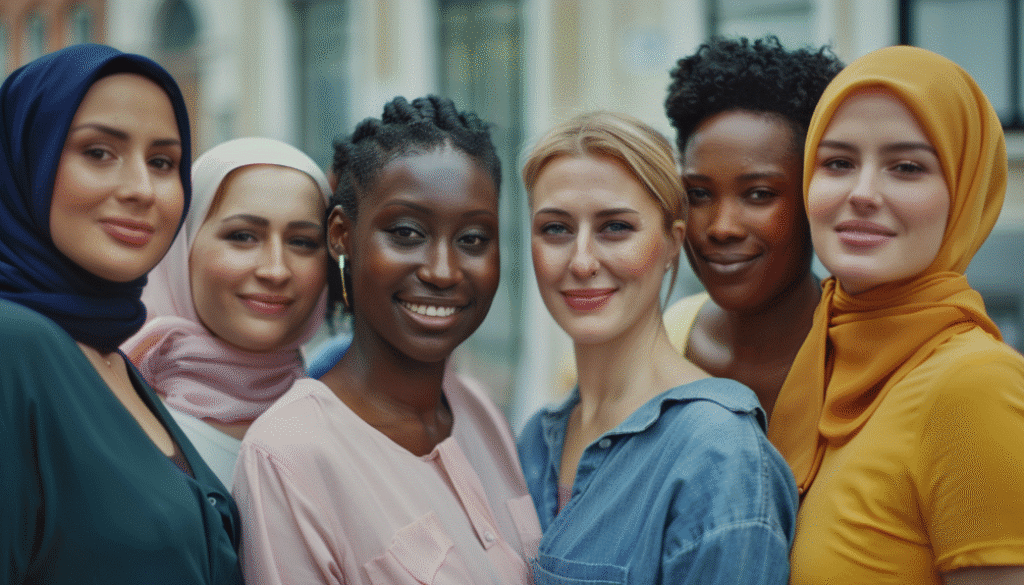Women Are Only Nurturers? Exploring Multifaceted Identities
The belief that women are only nurturers has shaped society’s expectations for generations. While caring for others is a valuable and respected trait, it is just one part of women’s identities. Women around the world lead, create, innovate, and transform communities in countless ways beyond nurturing.
This article explores where this stereotype comes from, how it limits women, and how research and real-world examples reveal the diverse identities and strengths of women today.
Where Does the Nurturer Stereotype Come From?
The image of women as natural caregivers dates back thousands of years. In many cultures, women were seen as mothers, wives, and homemakers, while men were expected to lead, work, and protect. This idea was passed down through generations, reinforced by tradition, religion, and media.
While caregiving is a beautiful and vital role, the problem arises when it becomes the only role society expects of women. This narrow view limits women’s choices, undervalues their contributions outside the home, and affects how they are treated at work, in politics, and in education.

What Research Says About Women’s Diverse Strengths
Modern studies show that women excel in many areas beyond caregiving.
- Leadership: A 2020 report by McKinsey & Company found that women in leadership positions often score higher than men in key skills such as people development, inspiring others, and decision-making.
- STEM fields: Women are breaking barriers in science, technology, engineering, and math (STEM). According to UNESCO (2021), women now represent nearly 30% of researchers worldwide, and their numbers are growing in traditionally male-dominated fields.
- Entrepreneurship: Women are starting businesses at record rates. The Global Entrepreneurship Monitor (2020) reported that women now make up more than 40% of entrepreneurs in many regions, driving innovation and economic growth.
These facts highlight that nurturing is just one of many strengths women bring to society.
Women’s Multifaceted Identities in Action
Women today are balancing and blending multiple identities. Here are a few examples:

Jacinda Ardern
As Prime Minister of New Zealand, she showed the world how a leader can be both compassionate and decisive, especially during crises like the COVID-19 pandemic.

Malala Yousafzai
Known for her courage and advocacy for girls’ education, Malala is an activist, student, and global voice for equality.

Rihanna
Beyond her music career, Rihanna is a successful entrepreneur, creating Fenty Beauty and Savage X Fenty, which promote inclusivity and challenge industry norms.
These examples show how women today redefine roles and identities in powerful ways.
Why It’s Time to Move Beyond the Nurturer Label
Labeling women as “only nurturers” limits everyone. It keeps society from benefiting fully from women’s talents in leadership, innovation, science, and more.
By moving beyond outdated ideas, we can:
- Encourage young girls to explore all their interests
- Create more equal opportunities in workplaces
- Build a fairer, stronger society
Recognizing women’s multifaceted identities means seeing them as whole people—leaders, creators, problem-solvers, and yes, nurturers, too.
FAQ
Q1: Are women naturally more nurturing than men?
Both men and women can be nurturing. Studies show that caregiving is shaped by culture and social roles, not just biology.
Q2: Can women be both nurturers and leaders?
Absolutely. Many of today’s most successful women blend compassion with leadership, showing that the two traits complement each other.
Q3: Why is the nurturer stereotype harmful?
It limits how society views women’s abilities and often leads to unequal opportunities in work, politics, and education.
Q4: How can we support women’s multifaceted identities?
By challenging stereotypes, promoting diverse role models, and creating policies that support equality at home and work.
Sources
McKinsey & Company. (2020). Women in the Workplace 2020. https://www.mckinsey.com/featured-insights/diversity-and-inclusion/women-in-the-workplace
UNESCO. (2021). Women in Science. http://uis.unesco.org/en/topic/women-science
Global Entrepreneurship Monitor. (2020). Women’s Entrepreneurship 2020.



